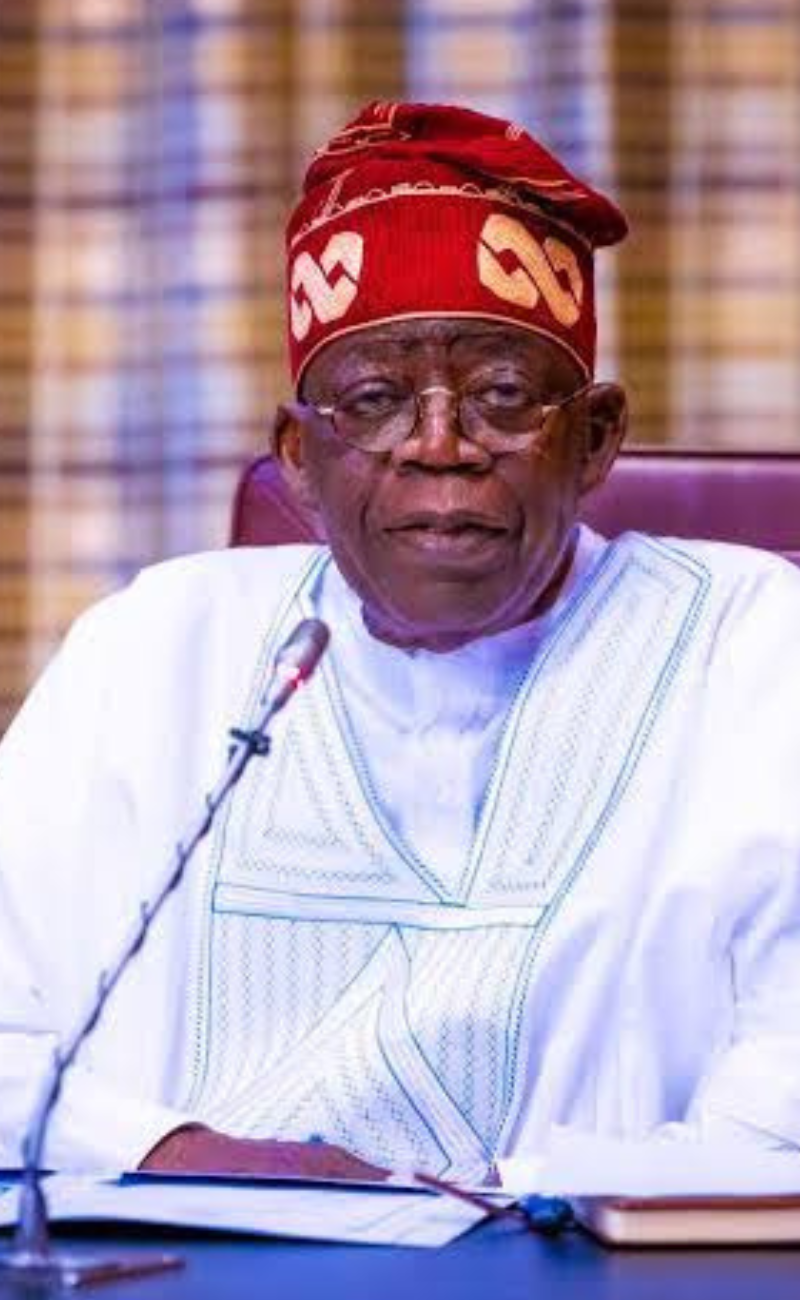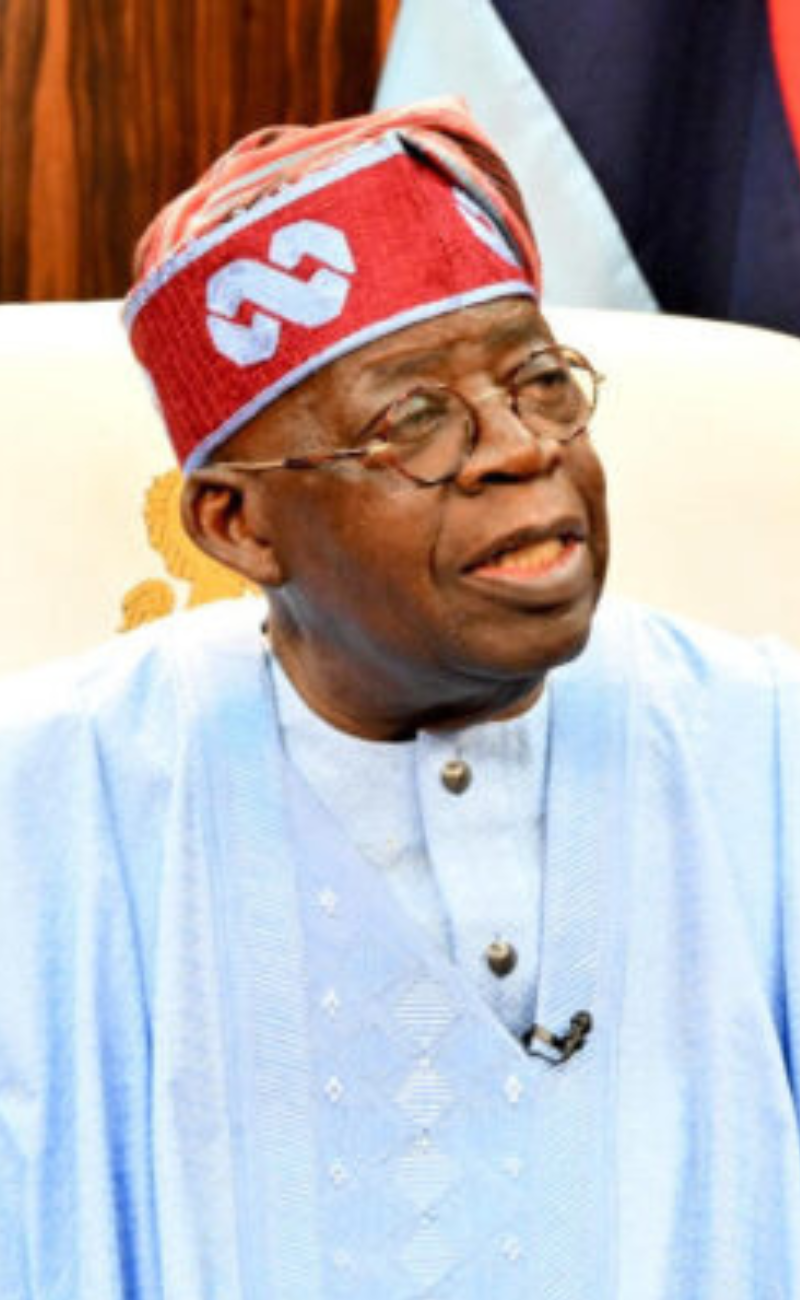Under the proposed law, only licensed agencies would be allowed to operate employment services, and those licenses would only be issued upon verification that the agency complies with prescribed ethical and legal standards.

The senate has passed for second reading a bill seeking to regulate and formalise employment practices in the informal sector, including domestic work, apprenticeships, and internships.
The proposed legislation, sponsored by Sen. Sani Musa (APC, Niger east), also seeks to empower the National Directorate of Employment (NDE) to license and monitor privately-owned employment agencies across the country.
This followed the presentation of a bill titled “A bill for an act to regulate and formalise the employment of domestic workers, apprenticeships, interns and other informal sector employees, and to empower the national directorate of employment to license and monitor privately owned employment agencies in Nigeria” during plenary on Wednesday. The bill was first read on Tuesday, 29 October, 2024.
Objectives of the bill
Leading the debate, Sen. Musa said the primary aim of the legislation is to address the persistent “decent work deficit” in Nigeria’s informal labour sector. He argued that despite being a significant source of employment, particularly for skilled, semi-skilled, and unskilled individuals unable to access the formal labour market, the informal sector is characterised by lack of regulation, abuse of workers’ rights, and non-compliance with national and international labour standards.
The informal sector in Nigeria is marked by non-standardised contracts, poor remuneration, and the absence of social protection, which according to Musa, calls for the necessity of the bill aiming to introduce legal structures that will ensure fair treatment, decent wages, safe working conditions, and access to social security for informal sector employees.
He explained that the bill empowers the NDE to regulate employment agencies, ensuring they are duly registered, maintain proper documentation, and have no criminal history. The agency will also oversee licensing officers and define their jurisdiction through publication in the federal government gazette.
Under the proposed law, only licensed agencies would be allowed to operate employment services, and those licenses would only be issued upon verification that the agency complies with prescribed ethical and legal standards.
READ ALSO: Senate seeks to establish protection of domestic workers and employees
Provisions and licensing requirements
The bill provides detailed conditions under which the NDE shall issue licenses. These include:
•Proof of registration as a company, partnership, sole proprietorship, or non-profit;
•Availability of proper governance documents including books of accounts and office bearer details;
•Absence of any criminal records against the agency or its owners;
•Existence of physical premises in accordance with regulatory requirements and the empowerment of the NDE to appoint licensing officers with clearly defined jurisdictions, as prescribed by official gazette notification.
Reference to earlier domestic workers bill
During the debate, Sen. Diket Plang (APC, Plateau Central) drew attention to a similar bill previously passed by the senate in 2024. That bill, sponsored by Sen. Babangida Hussaini (APC, Jigawa North-West), sought to regulate the employment of domestic workers specifically under the purview of the Ministry of Labour and Employment.
It focused on protecting the rights of domestic workers and establishing mechanisms to ensure compliance with labour laws, including mandatory registration, fair wages, access to social protection, and the creation of a regulatory framework within the ministry.
Sen. Plang pointed out that the key distinction between both bills lies in the proposed supervisory agency: while the new bill assigns regulatory powers to the NDE, the earlier legislation vested these responsibilities in the Ministry of Labour, which already has dedicated structures for employment regulation and employee welfare.
He urged the senate to consider harmonising both bills during the committee stage to avoid legislative overlap and ensure efficiency in policy implementation.
Concerns over licensing and exploitation
In his contribution, Sen. Adams Oshiomhole (APC, Edo north) raised significant concerns about the bill’s potential to institutionalise exploitative labour practices. He warned that empowering private employment agencies without stringent safeguards could lead to the proliferation of what he termed “multiple slave labour centres,” where vulnerable Nigerians might be subjected to underpayment and abuse.
Sen. Oshiomhole cited examples from federal ministries and the banking sector, where private labour contractors recruit workers but remit only a fraction of their actual salaries to them, sometimes paying as little as ₦40,000 per month.
He questioned whether the bill, in its current form, might legitimise such exploitative arrangements and undermine existing regulatory functions already handled by the Ministry of Labour.
He urged the senate to critically assess the implications of shifting regulatory authority to the NDE, noting that the ministry already has a specialised unit focused on labour laws, occupational safety, and employee welfare.
Way forward
In his remarks, the President of the Senate, Sen. Godswill Akpabio, advised that the bill proceed to public hearing, where its provisions could be reconciled with the earlier bill sponsored in 2024. He noted that the goal should be to consolidate efforts in a manner that serves the best interest of the Nigerian workforce, particularly those in the informal sector.
The bill was subsequently referred to the senate committee on labour, employment and productivity, with a directive to report back within six weeks.




